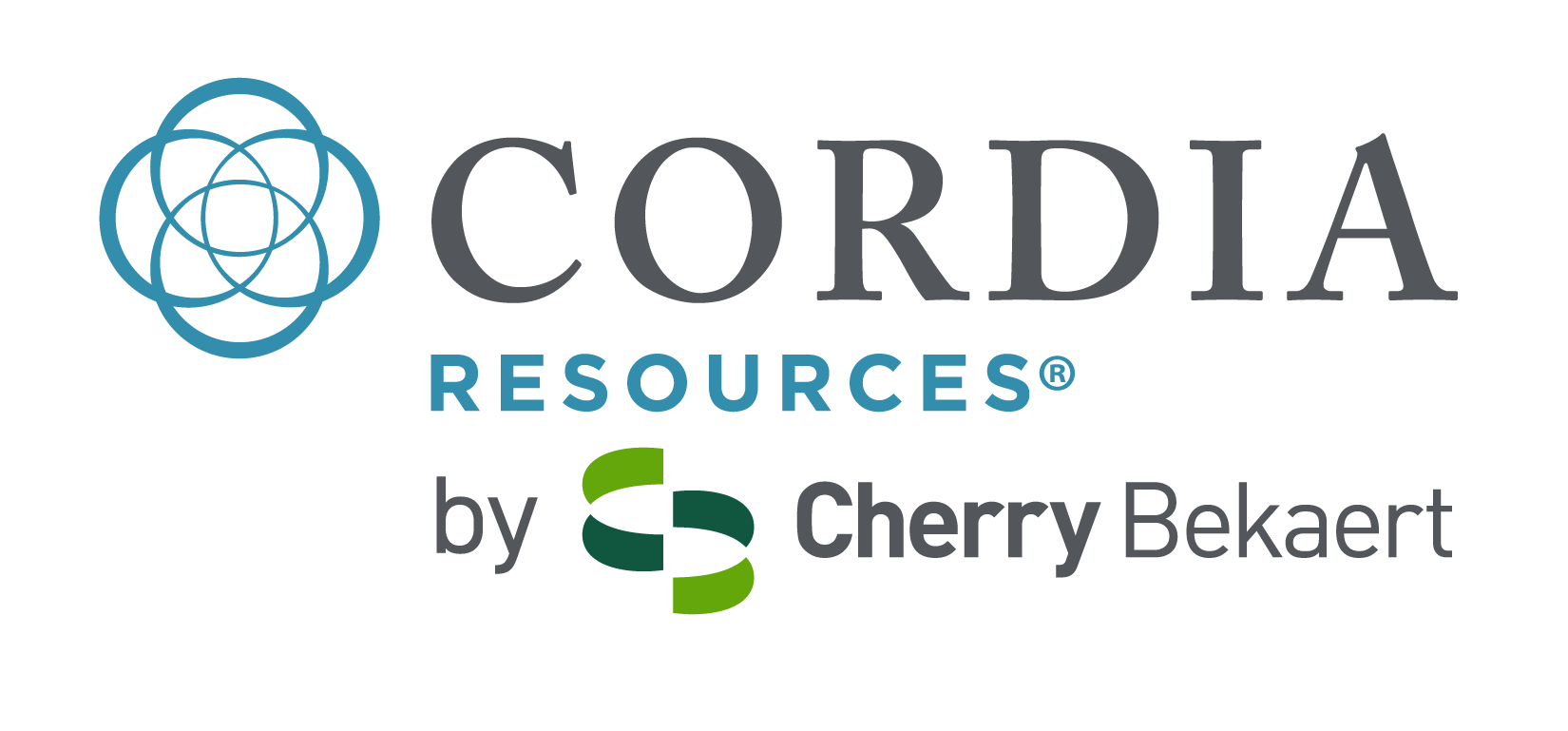The way you answer your interviewer’s questions can certainly give you an edge during the job search; there’s no doubt about this. You’ll definitely need to prepare your answers to likely questions and polish your elevator pitch so you’re ready to step up to the plate when your moment arrives.
But while it’s important to answer questions with style and flair, you’ll also need to ask a few smart questions of your own. This will demonstrate that you’re thinking into the future, you’re looking out for your own interests, and you’re preparing to help this company reach its goals. Here are a few questions that can deliver this message.
What needs to be accomplished within the first sixty days on the job?
Let your employer answer, and then be ready to explain how you plan to approach these goals and tackle the obstacles that stand in your way. Explain how your background has prepared you for these tasks, and work to inspire your interviewer’s trust. You have the ability and the training to do what needs to be done. Just make this clear.
What are some of the biggest challenges of this position?
Encourage your employer to be honest with you about the unpleasant, difficult, awkward, or otherwise daunting elements of this role. If you’ll be dealing with hostile clients, cleaning out grease traps, traveling every weekend, or rolling stones uphill, now is the time to find out. If you embrace the challenges your employer describes, say so. If they turn you off, there’s no better time to determine that this isn’t the job for you.
How would you describe your company culture?
Ask your interviewer to describe this place in his or her own words. Again, you may like what you hear, and if so, share your feelings. If this place doesn’t align well with your competitive, collaborative, flexible, driven, or friendly or solitary nature, it’s better to find out sooner than later.
In five years, I would like to be (fill in the blank). Can this position provide the exposure and opportunities I need?
If this is a dead-end position with no room for internal advancement, find out before you invest in this place and align this company’s future with your own. It also helps to be honest with your interviewer about what you want so the two of you have a clear understanding of your mutual goals.
Do you have any concerns about my candidacy?
Ask your interviewer to share these concerns with you so you can proactively address them. Don’t allow any negative assumptions to take root if a simple conversation can clear them away.
For more on how to keep your interview session meaningful for both you and your potential employer, contact the job search pros at Cordia Resources.


